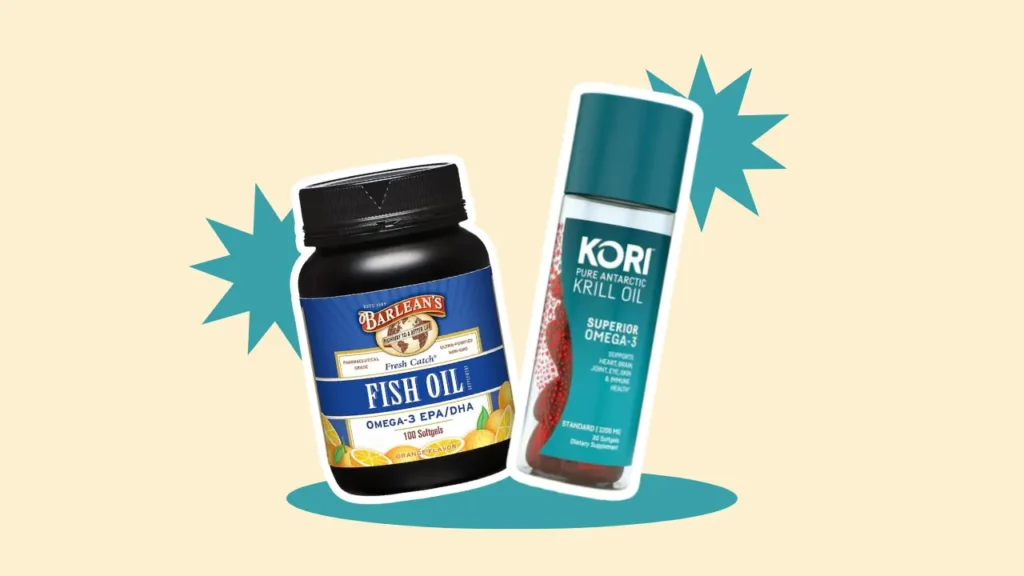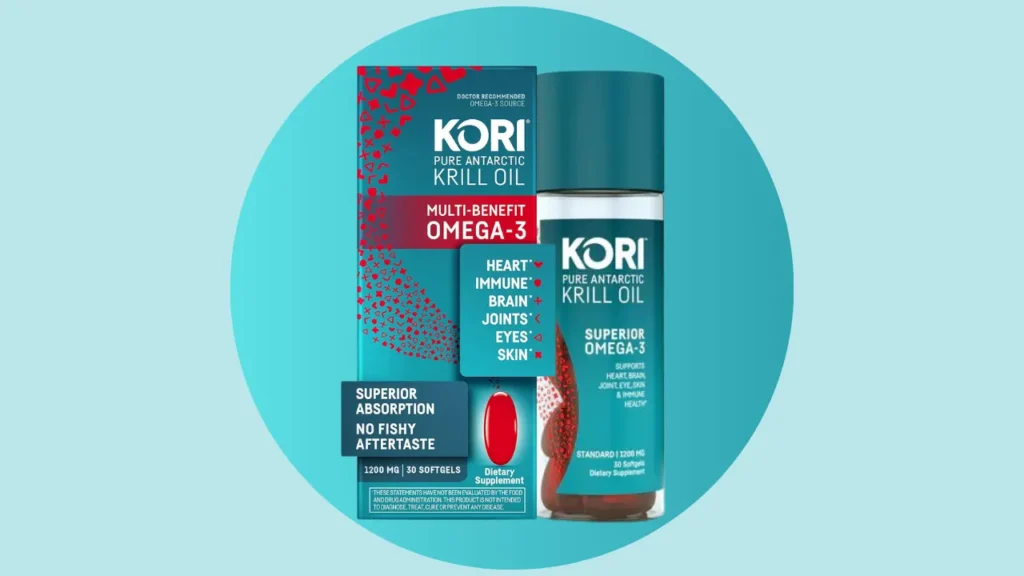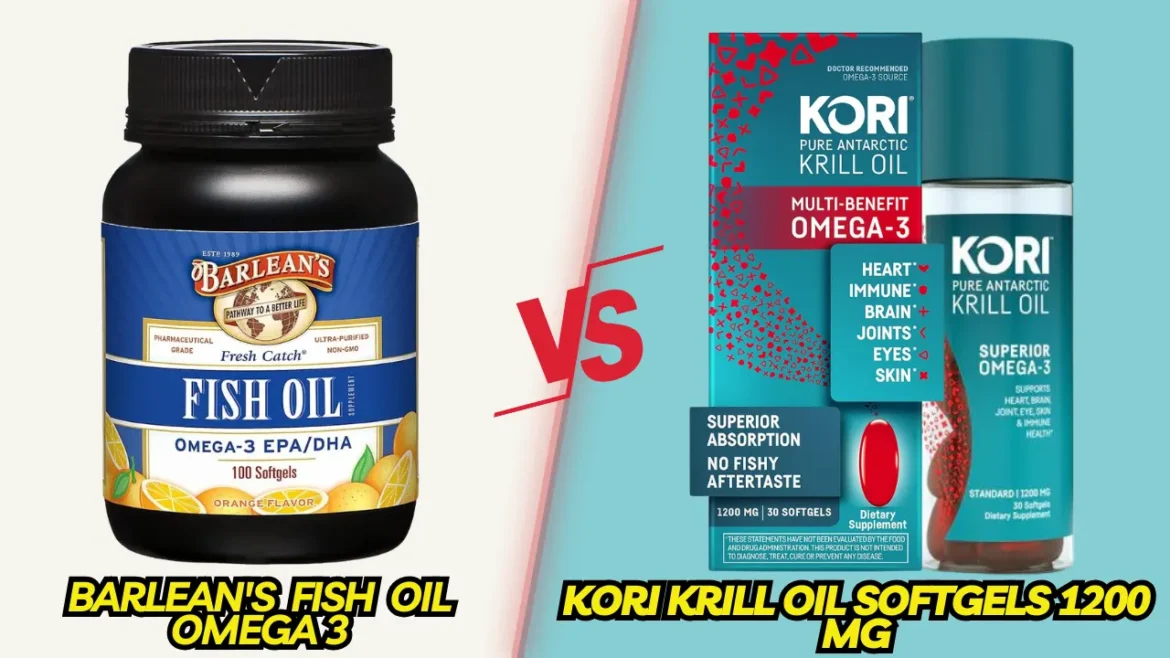Joint health is crucial for maintaining mobility and quality of life, yet many Americans grapple with joint-related issues. According to the Centers for Disease Control and Prevention (CDC), approximately 23% of American adults—over 54 million people—have been diagnosed with some form of arthritis, a common condition affecting the joints. Arthritis encompasses over 100 different types of joint diseases, with osteoarthritis being the most prevalent. This degenerative joint disease affects over 32 million adults in the United States alone, causing pain, stiffness, and reduced range of motion in affected joints. Additionally, other joint-related issues such as injuries, inflammation, and autoimmune conditions exacerbate the burden of joint problems among Americans. Given that joint health significantly impacts overall mobility and daily functioning, addressing and managing these concerns are paramount to promoting a better quality of life for people affected by joint-related ailments.
An increasing number of Americans are turning to omega-3 supplements to address joint health concerns. According to a report by the National Center for Complementary and Integrative Health (NCCIH), omega-3 fatty acids are among the most commonly used natural products in the United States, with approximately 7.8% of adults incorporating them into their health regimens. We’ll compare two leading omega-3 supplements, Barlean’s Fish Oil Omega 3 Supplement and Kori Krill Oil Softgels 1200 MG, to help you decide which is the best bet for your money.
You May Also Like:
MEMBER’S MARK EXTRA STRENGTH OMEGA-3 KRILL OIL REVIEWED: A LEADING JOINT HEALTH PRODUCT
IS DR MERCOLA KRILL OIL TRULY A GREAT SOURCE OF DAILY OMEGA-3S?
Your joints and you
Before delving into the comparison of these products, let’s take a closer look at joint health and how omega-3s may influence it. Joints play a crucial role in the human body, serving as connections between bones and facilitating movement. They enable us to perform various activities, from walking and running to bending and lifting objects. Beyond their mechanical function, joints also have an essential relationship with the brain and body. Sensory receptors within joints provide feedback to the brain about the body’s position and movements, contributing to balance, coordination, and proprioception—the body’s awareness of its spatial orientation.
Failure to take care of one’s joints can have significant consequences on overall health and well-being. Neglecting joint health may lead to various issues, including stiffness, reduced flexibility, and pain during movement. Over time, untreated joint problems can progress to more severe conditions such as arthritis, osteoarthritis, and rheumatoid arthritis, which can significantly impact daily activities and quality of life. Furthermore, compromised joint function may impair mobility, making it challenging to engage in physical exercise; this may potentially lead to a sedentary lifestyle, which can further exacerbate joint problems and contribute to overall health decline.
Moreover, joint health is closely interconnected with overall physical and mental well-being. Chronic joint pain and discomfort may affect mood, sleep quality, and cognitive function, leading to fatigue, irritability, and reduced concentration. Additionally, studies have shown a bidirectional relationship between joint health and mental well-being, with chronic pain contributing to psychological distress and mental health issues potentially intensifying the perception of pain. Therefore, prioritizing joint care is not only crucial for maintaining physical mobility but also for promoting mental and emotional well-being, highlighting the importance of incorporating joint health into a holistic approach to overall wellness.

The role of omega-3s in joint health
Omega-3 fatty acids are essential polyunsaturated fats that the body requires for various physiological functions but cannot produce on its own, necessitating their intake through diet or supplementation. The three main types of omega-3 fatty acids are alpha-linolenic acid (ALA), eicosapentaenoic acid (EPA), and docosahexaenoic acid (DHA). While ALA is primarily found in plant sources like flaxseeds, walnuts, and chia seeds, EPA and DHA are abundant in fatty fish such as salmon, mackerel, and sardines, as well as certain types of algae.
These fatty acids play critical roles in supporting overall health, particularly cardiovascular, cognitive, and joint health. In the context of joint health, omega-3s exhibit anti-inflammatory properties, which may help alleviate joint pain and stiffness associated with conditions like arthritis and rheumatoid arthritis. Chronic inflammation in the joints can lead to cartilage degradation and joint damage, contributing to the progression of these conditions. Omega-3 fatty acids, particularly EPA and DHA, have been shown to inhibit the production of inflammatory molecules known as cytokines and prostaglandins, thereby reducing inflammation and potentially slowing down the progression of joint-related diseases.
Moreover, omega-3 fatty acids also support joint health by promoting the production of molecules called resolvins and protectins, which help resolve inflammation and protect against tissue damage. Additionally, omega-3s play a role in maintaining the integrity of joint cartilage and synovial fluid, both of which are essential for joint function and mobility. By preserving cartilage health and lubricating the joints, omega-3 fatty acids can help prevent or alleviate joint pain, stiffness, and discomfort, thereby promoting overall joint health and mobility.
Overall, incorporating omega-3-rich foods or supplements into one’s diet can be beneficial for maintaining healthy joints and reducing the risk of joint-related conditions. However, it’s essential to consult with a healthcare professional before starting any supplementation regimen, especially for people with existing medical conditions or those taking medications, to ensure safety and efficacy.
Now that we have a better understanding of the relationship between omega-3s and joint health, let’s explore some leading omega-3 supplements.

Barlean’s Fish Oil Omega 3 Supplement vs. Kori Krill Oil Softgels 1200 MG: bioavailability
One crucial factor to consider when evaluating any nutritional supplement is how effectively the body absorbs it. In this regard, Kori Krill Oil Softgels 1200 MG stands out as a better option compared to Barlean’s Fish Oil Omega 3 Supplement because it delivers omega-3 fatty acids in a more bioavailable form, thanks to the phospholipid-bound structure of krill oil, ensuring efficient absorption and utilization by the body.
Krill oil, derived from tiny crustaceans called krill, offers several advantages over regular fish oil as a source of omega-3 fatty acids. One significant benefit is the superior bioavailability of omega-3s in krill oil compared to fish oil. The omega-3 fatty acids in krill oil are bound to phospholipids, similar to those found in human cell membranes. This molecular structure enhances their absorption and utilization by the body. In contrast, the omega-3s in fish oil are primarily in the form of triglycerides, requiring additional processing by the body for absorption, which may result in lower bioavailability.
Barlean’s Fish Oil Omega 3 Supplement vs. Kori Krill Oil Softgels 1200 MG: third-party testing
Both Barlean’s Fish Oil Omega 3 Supplement and Kori Krill Oil Softgels 1200 MG exemplify high-quality products, primarily due to their commitment to third-party testing. Third-party testing is a crucial aspect of ensuring the safety, purity, and potency of dietary supplements. It involves sending samples of the product to independent laboratories for analysis, where they are evaluated for various parameters such as ingredient potency, absence of contaminants, and adherence to regulatory standards.
The significance of third-party testing lies in its objectivity and impartiality. Unlike in-house testing conducted by manufacturers, third-party testing offers an unbiased assessment of product quality since the laboratories conducting the tests are independent entities with no vested interest in the outcome. This ensures greater transparency and accountability in the supplement industry, providing consumers with confidence in the products they purchase.
For both Barlean’s Fish Oil Omega 3 Supplement and Kori Krill Oil Softgels 1200 MG, third-party testing serves as a means of validation, affirming the purity and potency of their respective formulations. It verifies that the products meet regulatory standards and are free from harmful contaminants such as heavy metals, PCBs, and other pollutants, ensuring consumer safety and efficacy.
Furthermore, third-party testing enhances product credibility and trustworthiness. By obtaining certifications or seals of approval from reputable third-party testing organizations, Barlean’s and Kori Krill Oil demonstrate their commitment to quality and transparency. These certifications provide consumers with tangible evidence of a product’s quality and adherence to rigorous testing standards.

Barlean’s Fish Oil Omega 3 Supplement vs. Kori Krill Oil Softgels 1200 MG: The MSC advantage
Speaking of certifications, one notable aspect that places Kori Krill Oil Softgels 1200 MG ahead of Barlean’s Fish Oil Omega 3 Supplement is its certification from the Marine Stewardship Council (MSC), a prestigious recognition in sustainable fisheries management. The MSC certification signifies that Kori Krill Oil adheres to stringent environmental standards, ensuring responsible harvesting practices and the maintenance of healthy krill populations in the oceans. This certification holds significance as it demonstrates Kori Krill Oil’s commitment to environmental sustainability, biodiversity conservation, and ecosystem health. By choosing MSC-certified krill oil, consumers can support sustainable fishing practices and contribute to the protection of marine ecosystems, ultimately promoting the long-term health and viability of oceanic resources.
Barlean’s Fish Oil Omega 3 Supplement vs. Kori Krill Oil Softgels 1200 MG: price
In terms of price, Barlean’s Fish Oil Omega 3 Supplement emerges as the more budget-friendly option, priced at $15.99 on Amazon. It provides a cost-effective solution for those seeking to supplement their omega-3 intake. Conversely, Kori Krill Oil Softgels 1200 MG is priced at $19.99. However, it’s important to note that while Barlean’s Fish Oil may offer a more economical choice, Kori Krill Oil naturally contains choline, an essential nutrient that benefits brain and nervous system health. This additional feature positions Kori Krill Oil as a more comprehensive product despite its slightly higher price point.
Barlean’s Fish Oil Omega 3 Supplement vs. Kori Krill Oil Softgels 1200 MG: final verdict
While both products serve as great sources of omega-3, Kori Krill Oil Softgels 1200 MG emerges as a superior option over Barlean’s Fish Oil Omega 3 Supplement, particularly for people seeking to support joint health through omega-3 supplementation.
One key advantage lies in the superior bioavailability of omega-3 fatty acids in krill oil, thanks to its phospholipid-bound structure. This unique composition enhances the absorption and utilization of omega-3s by the body, potentially leading to more effective support for joint function and mobility.
Additionally, Kori Krill Oil Softgels 1200 MG’s certification from the Marine Stewardship Council (MSC) underscores its commitment to sustainable fishing practices, ensuring the preservation of marine ecosystems vital for maintaining joint health in the long run.
While Barlean’s Fish Oil Omega 3 Supplement offers a slightly lower price point, the enhanced bioavailability, sustainability credentials, and additional nutritional benefits of Kori Krill Oil Softgels 1200 MG make it a compelling choice for individuals prioritizing joint health and environmental responsibility.

A joint effort: building a holistic joint health plan
Supplementing with omega-3 fatty acids is indeed beneficial for joint health, but incorporating other dietary and lifestyle changes may further enhance joint function and alleviate discomfort. One essential aspect is maintaining a healthy weight, as excess body weight puts additional strain on the joints, particularly the knees, hips, and spine. Adopting a balanced diet rich in fruits, vegetables, lean proteins, and whole grains can help manage weight and provide essential nutrients for joint health, including vitamins C and D, calcium, and antioxidants.
Regular physical activity is crucial for joint health, as it strengthens the muscles surrounding the joints, improves flexibility, and promotes blood flow to cartilage and other joint tissues. Low-impact exercises such as swimming, cycling, and walking are gentle on the joints while still providing significant benefits. Additionally, incorporating strength training exercises that target the muscles supporting the joints can help stabilize and protect them from injury.
Incorporating anti-inflammatory foods into the diet can also support joint health by reducing inflammation and pain. As mentioned, foods rich in omega-3 fatty acids, such as fatty fish (salmon, mackerel, sardines), flaxseeds, chia seeds, and walnuts, have natural anti-inflammatory properties that can complement the effects of omega-3 supplements. Other anti-inflammatory foods include turmeric, ginger, green tea, berries, and leafy greens. Avoiding processed foods, refined sugars, and trans fats can further help reduce inflammation in the body.
Maintaining proper posture and ergonomics is essential for joint health, especially for people with sedentary lifestyles or desk jobs. Ensuring ergonomic workstations, using supportive footwear, and practicing good posture can alleviate joint strain and prevent the development of musculoskeletal issues. Taking regular breaks to stretch and move throughout the day can also help relieve tension in the joints and muscles.
Managing stress and prioritizing relaxation techniques such as yoga, meditation, and deep breathing exercises can indirectly benefit joint health by reducing muscle tension and promoting overall well-being. Chronic stress can exacerbate inflammation and contribute to joint pain, so incorporating stress-reducing activities into daily life may positively impact joint health.
While omega-3 supplementation plays a valuable role in supporting joint health, incorporating these dietary and lifestyle changes can complement its effects and promote overall joint function and mobility. By adopting a holistic approach to joint care that addresses supplementation, nutrition, physical activity, posture, and stress management, people can optimize joint health and reduce the risk of joint-related issues in the long term.

Further Reading:
Arthritis Foundation: Omega-3 Fatty Acids for Your Health
Harvard Health: Chronic inflammation and your joints
NutraIngredients USA: Krill oil beneficial effect on joint health recognised by TGA Australia
The Guardian: Knuckle-cracking is fine – and bad weather doesn’t make arthritis worse: nine myths about your joints busted
Cleveland Clinic: 6 Foods To Eat for Healthy Joints
Important Note: The information contained in this article is for general informational purposes only, and should not be construed as health or medical advice, nor is it intended to diagnose, prevent, treat, or cure any disease or health condition. Before embarking on any diet, fitness regimen, or program of nutritional supplementation, it is advisable to consult your healthcare professional in order to determine its safety and probable efficacy in terms of your individual state of health.
Regarding Nutritional Supplements Or Other Non-Prescription Health Products: If any nutritional supplements or other non-prescription health products are mentioned in the foregoing article, any claims or statements made about them have not been evaluated by the U.S. Food and Drug Administration, and such nutritional supplements or other health products are not intended to diagnose, treat, cure, or prevent any disease.
Table of Contents


